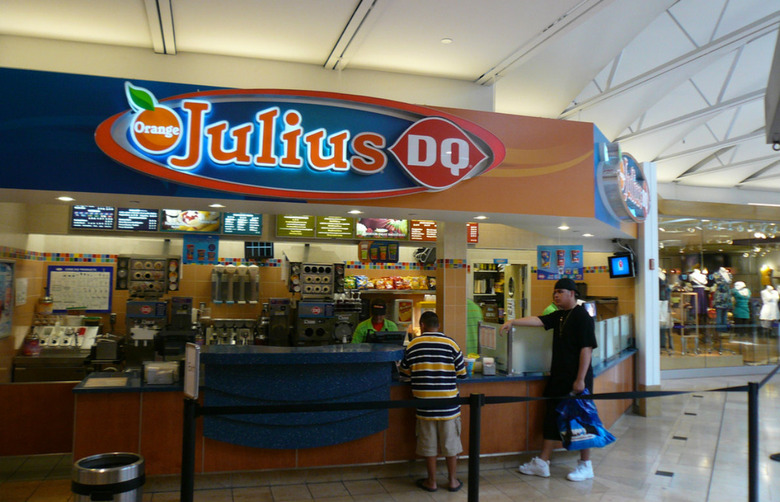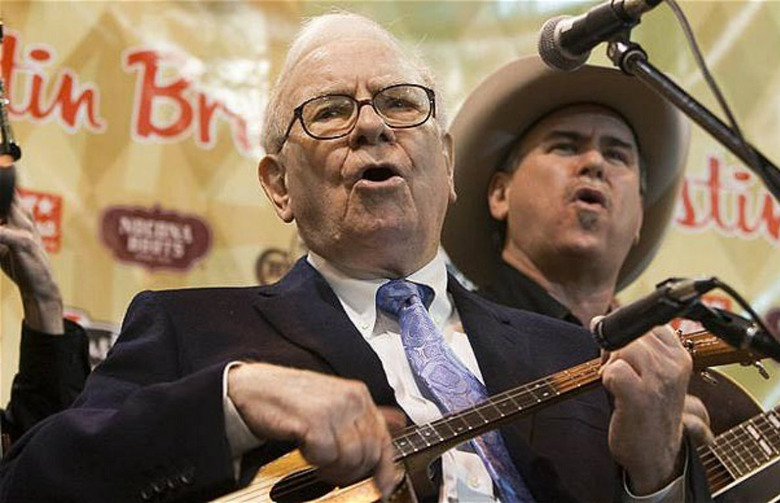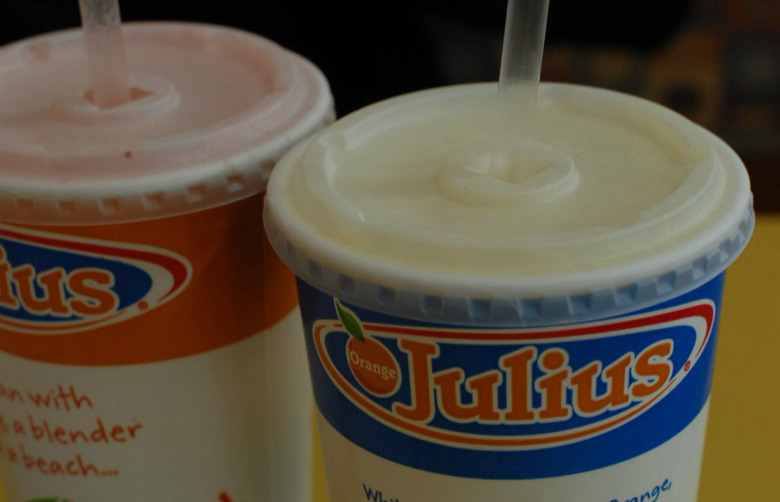8 Things You Didn't Know About Orange Julius
Orange Julius has done a very good job of seeping its way into the American subconscious over the past 80 years. Even if you don't exactly know what Orange Julius is, or even whether it still exists, you've certainly heard of it. Well prepare yourself, because by the time you're finished reading this article, you'll know everything there is to know about this American classic.
The Name Evolved for a Very Logical Reason
Fans of the drink lined up for it, and, as the legend goes, they'd order one by saying, "Give me an orange, Julius!" It stuck.
The Original Stand Also Sold Medicinal Tonics and Bible Tracts
Now that's what I call diversification!
Orange Julius Was the Official Drink of the 1964 New York World’s Fair
Sounds like a pretty refreshing way to fuel your stroll through Flushing Meadows.
Arizona State University Threatened to Sue The Company Over a Mascot
From the 1970s through the early 1980s, the Orange Julius mascot was a devil with a pitchfork and an orange; for some reason. It closely resembled ASU's mascot, Sparky, and after the school's alumni association threatened to sue, the devil was quickly dropped.
They Expanded Into UK and Dutch Markets in the 1970s
An attempted international expansion in the early 1970s, which included a large restaurant in London and another in Amsterdam, was aborted in 1975.
There’s a Fan Club Called the ‘Julius League’
Want to be on their mailing list about deals and flavors, and get a coupon for a free drink? Join the Julius League and have something brag about to your friends.
It’s Owned by Warren Buffett’s Berkshire Hathaway
Berkshire Hathaway is Dairy Queen's parent company, so billionaire Warren Buffet can count Orange Julius among his many holdings.
Their Namesake Drink Is Pretty Unhealthy
A small original Orange Julius contains 210 calories, 10 grams of fat, and 50 grams of sugar.








